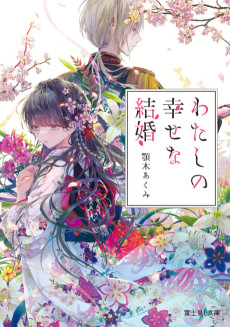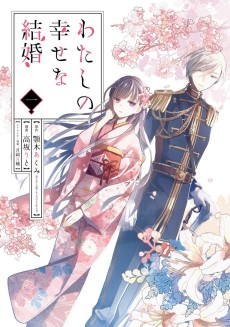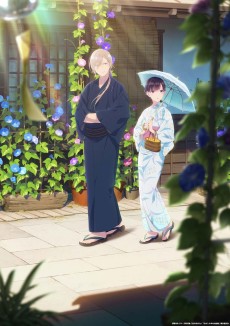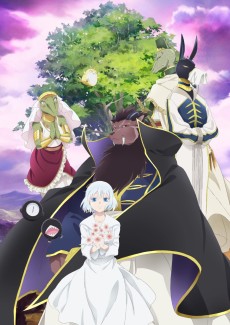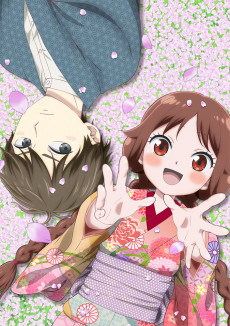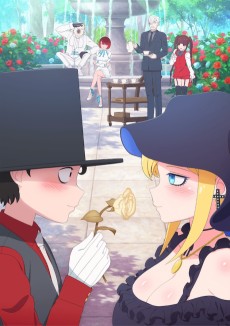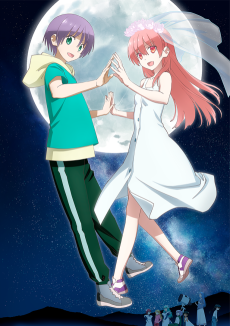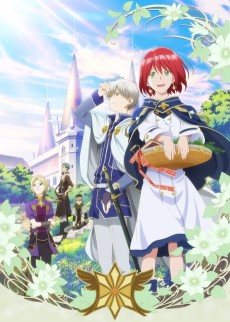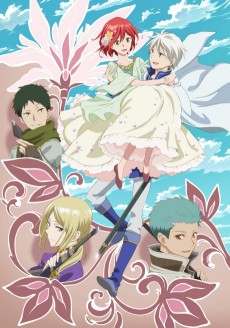WATASHI NO SHIAWASE NA KEKKON
STATUS
COMPLETE
EPISODES
12
RELEASE
September 20, 2023
LENGTH
24 min
DESCRIPTION
Despite being born into a noble family, Miyo lost her birth mother at a young age and grew up being abused by her stepmother, stepsister, and father.
When she finally receives news that she's to be married off, she finds out that her husband-to-be is Kiyoka, a soldier with a reputation for being cruel and heartless. In fact, he's had numerous previous fiancées who have all fled his household; none lasting even a mere three days.
Resigned to the fact that her family had abandoned her, Miyo knocks on the gate of the Kudou household to find herself greeted by a beautiful man with pale skin. Despite the poor treatment she receives from her husband-to-be during their first meeting, Miyo is unable to return to her old home and spends her time cooking and doing chores. However, as the days pass, Miyo and Kiyoka being to slowly open their hearts to each other...
(Source: KADOKAWA, edited)
CAST
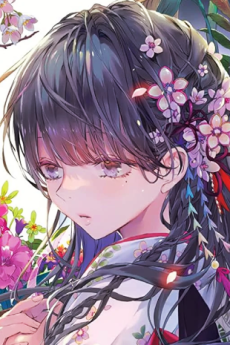
Miyo Saimori
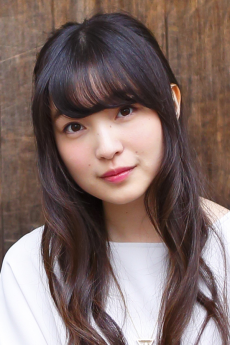
Reina Ueda
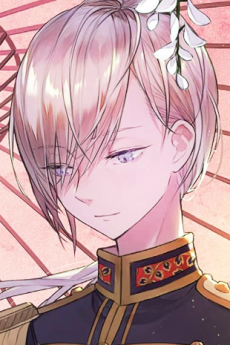
Kiyoka Kudou
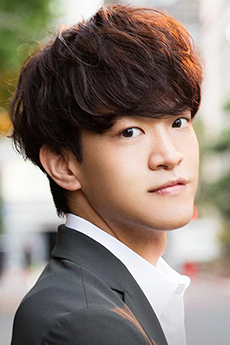
Kaito Ishikawa
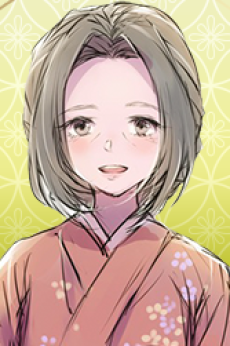
Yurie
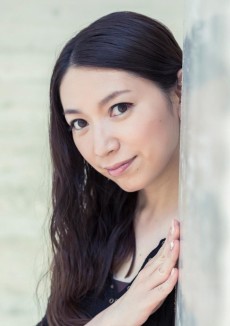
Houko Kuwashima

Yoshito Godou
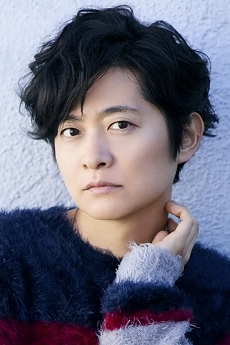
Hiro Shimono
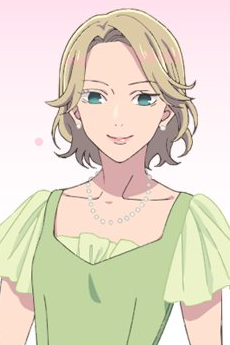
Hazuki Kudou
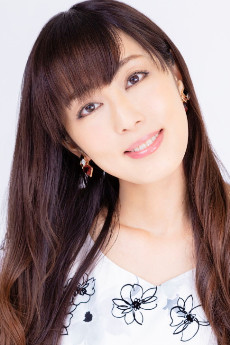
Youko Hikasa
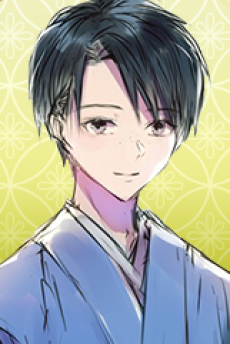
Kouji Tatsuishi
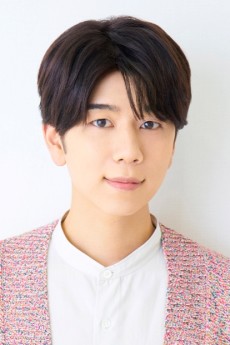
Koutarou Nishiyama
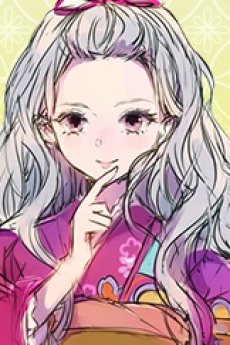
Kaya Saimori
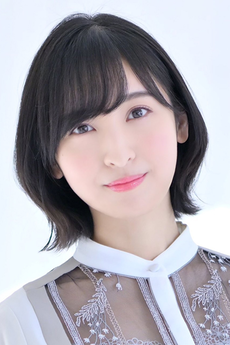
Ayane Sakura

Kazushi Tatsuishi
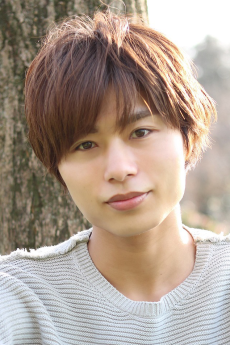
Toshinari Fukamachi

Arata Tsuruki
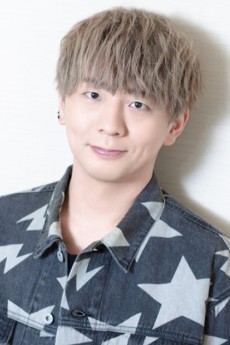
Ryouhei Kimura
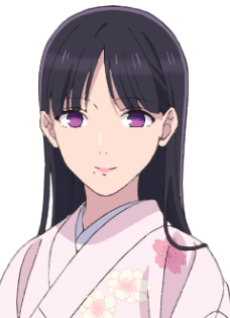
Sumi Saimori
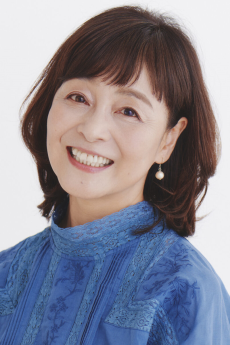
Noriko Hidaka
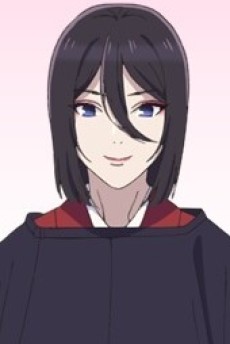
Takaihito
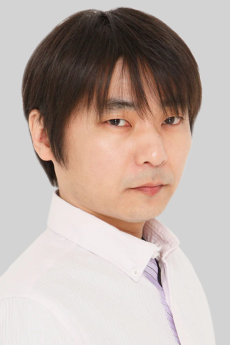
Akira Ishida

Hana
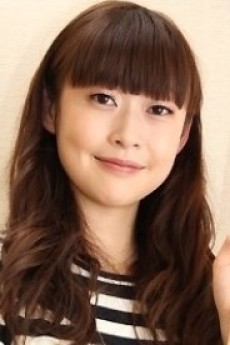
Mamiko Noto

Masashi Ookaito
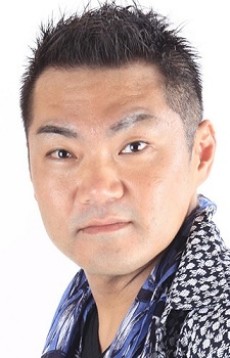
Kenta Miyake
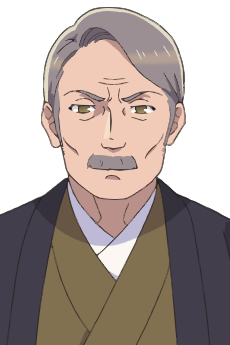
Minoru Tatsuishi

Kenyuu Horiuchi
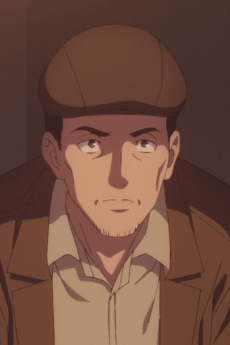
Iwashimizu

Hiroshi Kousaka
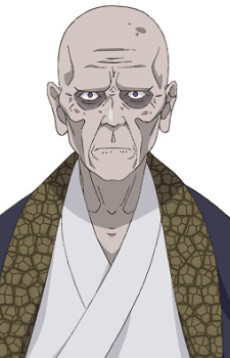
Kinjoutei
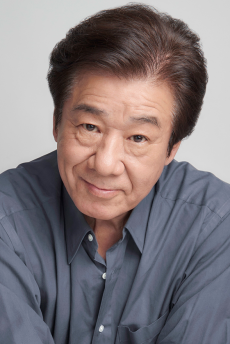
Takayuki Sugou
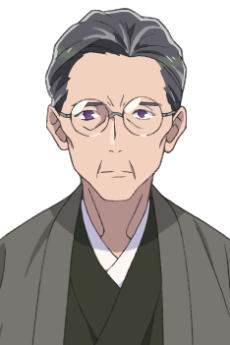
Shinichi Saimori
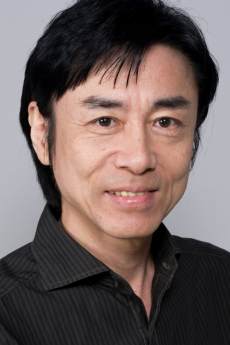
Hiroshi Yanaka
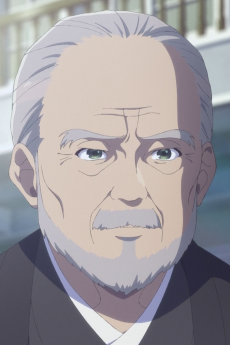
Yoshirou Tsuruki
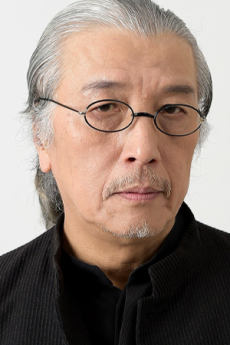
Kousei Hirota
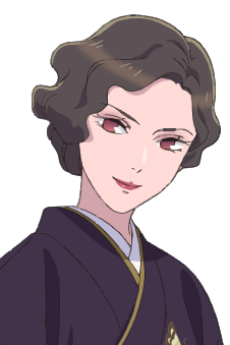
Kanoko Saimori
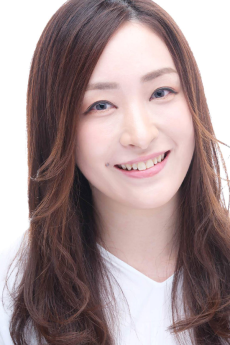
Kana Ueda
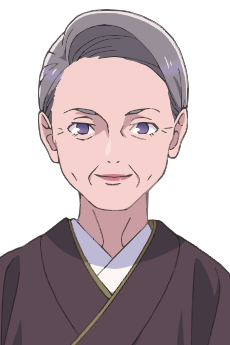
Keiko
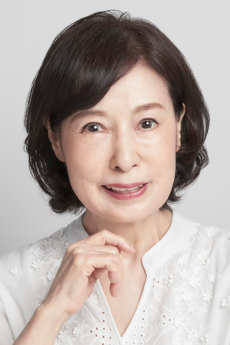
Tamie Kubota
EPISODES
Dubbed
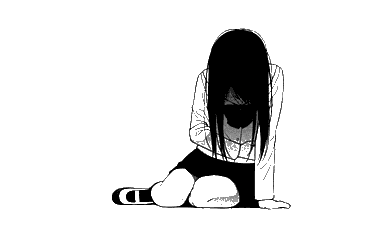
Not available on crunchyroll
RELATED TO WATASHI NO SHIAWASE NA KEKKON
REVIEWS

Mcsuper
78/100A Strong Tale of Romance, Disturbed By The Supernatural UnknownsContinue on AniList(The above video contains audio from the OP, feel free to unmute.) My Happy Marriage, at the outset, feels like the 1000th remake of Cinderella. It has the evil stepmother, the family abuses the MC, and she gets “saved” by a strong, powerful man. It’s a bit more than that though, as it’s a largely character driven story with the main female character, Saimori Miyo, trying to find her self worth after years and years of people telling how useless she was, as shallow as the reasons were, in that she supposedly lacked the abilities that her family members had. She is married off to a man named Kudou Kiyoka, who was known to be a cold-hearted, insensitive man who dismissed his previous fiancées, likely in an attempt to get rid of her and have her suffer more. Obviously, as you would expect, Kiyoka treats Miyo in a way she doesn’t expect, and the relationship builds from there.
Then what makes this anime stand out, if it just feels like another Cinderella story? The first thing would definitely be the visual presentation.
The animation overall is very fluid, while being rather simple in its designs. There are great looking action scenes, the character expressions are worthy of praise, and the soundtrack by Evan Call, who worked on Violet Evergarden’s music, complimented it a lot. Virtually no issues from the production side of things. I dare say it might have been one of the best produced shows of the summer season. It has strong attempts at characterization, with directing and symbolism that I really enjoyed, as there was a level of nuance there to develop Miyo and Kiyoka’s relationship throughout the story.

(A wonderful example of the symbolism this show has, with Miyo's "dream", shattering, signaling her awakening) What unfortunately holds it back from being in the upper echelon of shows from this season for me is the shallow writing, especially outside the main duo. In that way, it might feel more like Cinderella, in that the characters are very “fairy-tale” like. They’re evil for the sake of being evil, with malicious intent that goes over the top at times. Sure, there are a lot of political aspects in play especially in this setting, with families all thirsting for power, doing whatever it takes to gain reputation, but some of the actions that the Saimori family took early in the season just felt a bit much, perhaps a bit melodramatic at times.
The supernatural aspects were interesting for sure, and I’m sure will be developed in the future, with the upcoming OVA or perhaps in future instalments of this series if it ever happens, but I felt it somewhat took away from the more grounded relationship with Miyo and Kiyoka. The supernatural parts do give the series more flare and pizzazz, but I question whether all of it was necessary, as especially in the second half, where I felt the lore and the presence of Grotesqueries, besides being haphazardly implemented at points, also limited the time that could have otherwise been spent on developing the romance aspects a bit better, as well as Miyo’s character.
The cast of characters was fine, but besides a couple characters outside the main duo, the rest were forgettable. A lot of scummy characters for sure, and I do see that popping up a lot in shoujo series. Miyo’s character was frustrating at times to watch, but she had some very good developments as well at the climax of the first half, and the aforementioned symbolism really helped with that. Kiyoka I had more interest in, especially in his abilities. I liked how he treated Miyo, and how his attitudes changed towards her throughout. You can basically say that Miyo and Kiyoka bring the best out of each other, as Kiyoka helped Miyo break out of her self-deprecating nature and stand up for herself, while Miyo helped Kiyoka open up more as a person.
My attention was always there when the relationship was being developed, but like I said, outside of that, it was an up and down ride. The first half was very strong and at that point had the potential to be the best anime airing this season, but the second half was markedly weaker in that I felt the romance could have been prioritized a bit more, and the supernatural aspects executed in a more meaningful way. Overall, it was still a high quality anime, but just missed the mark a little bit for me to say it was truly incredible.

ZNote
70/100A beautiful ambiance of quiet that gradually destabilizes as its world expands.Continue on AniList(Video includes audio. Be sure to unmute) Watching My Happy Marriage surprised me from its first few minutes, though not quite because of any animation, action, or dialogue that it was uttering. Instead, I was struck by just how quiet the series was, as though it was somehow moving through a garden of gently falling petals and leaves. The show seemed to glide its way through its environment and its colors, almost like it had been residing in the fleeting space that lies between sleep and the moment just before you lose yourself in drowsiness. It’s hard to believe that a series that exudes such gentleness could have its central character be so broken, so knocked down by the people ostensibly supposed to love her, and yet still manage to decently pull it off without reading as too artificial or put-upon as it easily could have been.
In keeping in harmony with the quietness of the surrounding space, Miyo is likewise quiet, though not for the sake of comfort or coziness. Her quiet stems from a neglect so awful that it could be called monstrous at best or beyond repugnant at worst, her self-esteem relentlessly stomped upon time and time again by an unloving sister and parents. They regard her as an undesirable chattel with no supernatural powers of her own, someone whose sense of worth is solely linked to whether she gets jobs done around the house. If she does manage to do so, they’ll find something wrong with what she did – to them, a ragged kimono is already enough of a charity for this Cinderella-esque person. Any small torch within Miyo is cradled by imagery of her mother and her friend Tatsuishi Kouji, and it’s rather clear that the torch he’s carrying for her isn’t so little.

(The animators at Kinema Citrus, headed by series director Kubota Takehiro, understood that due to the quiet nature of the series, more emphasis needed to be placed on the tinier details to bring out the inherent color of the story. Touches like the ant by the feet and the line work contribute greatly to this effect) Miyo, as both a product of her unloving home and the time period this material heavily borrows from, is thus framed as a character without a discernible exit. So, when it is announced that she will be married off to Kudo Kiyoka, leader of the supernatural anti-Grotesquerie unit and subject of many unflattering rumors about his past treatment of other fiancées, it seems like it will begin the dawning of another cycle of horrible treatment. Though as we, and Miyo herself, begin to discover, there are aspects of Kudo’s life and personality that the prevailing attitude others have towards him would never reflect. He is like Miyo in that sense, the real self that is whole and self-actualized within the realms of presumptions and forced antagonisms by others. The main difference is that Kudo is already largely assured of himself, while Miyo is not.
(Kudo’s presence, especially at first introduction, acts as Miyo’s chance for salvation both from the family that renounced her and as the first stepping stone towards self-acceptance.) Because Miyo is not at that stage yet, every step on her personal journey is full of the mental collisions between her old family’s attitude and continuing presence in her life seeping into her self-perception and trying to be a good wife to not be rejected by her new family. My Happy Marriage avoids the pitfall of leaving Miyo’s headspace all tidy and fixed once “the man comes into her life.” Both in his actions and his words, Kudo makes it clear that he is not able to “fix Miyo” and absolve her of all her worries and apprehensions. Instead, he moves more as someone presenting opportunities rather than actively interfering, only stepping in at times when it is wholly warranted, and gently being there for her in listening to her and trying to make himself more presentable.
After all, one cannot expect to undo years upon years of abuse and not have some kind of lingering impact. It is not enough for Miyo to get herself away from the Saimori family, even though that undeniably helps. Miyo has to take those steps of her own volition and under her own willpower, and the journey to that, though long and slow in some not-so-obvious ways, allows us to witness a character transforming before our eyes. And likewise, the relationship between Miyo and Kudo transforms as well – while My Happy Marriage is ostensibly about Miyo, the heart of the story lies in both Miyo and Kudo, separately and together, each passively or actively helping the other become the better versions of themselves.

(Miyo and Kudo’s dynamic rests within its soft discussions and contemplations, fueling the more heartfelt drama of the series. It is a story of two people blooming together and realizing the best versions of themselves) But as their relationship grows, the world they reside in as a couple also begins to grow outwards. As it does so, the mediation between the supernatural and the natural begins to reach a misbalance. Events transpire within the dramaturgy that, within the show’s universe, are undoubtedly significant with heavy gravity, but never seem to have the necessary finesse to land with the punching weight that the earlier drama managed to convey. The new characters and social dimension regrettably move away from Miyo and Kudo’s relationship and introduce several new threads that are meant to weave into a more-beautiful tapestry. The colors and stitching don’t quite rhyme with one another.
With only twelve episodes in its season, many of the ideas introduced through the series, both in its first arc and its later developments, never seem to coalesce into a properly-realized or integrated whole. Kudo’s involvement with the anti-Grotesquerie feels blasé, only becoming vaguely relevant as the need arises, all despite the text itself saying that their duty is too important to keep the city’s way of life secure. Some characterization matters also leave the expanded cast with a worthwhile characterization in theory, though not quite in practice. It moves too quickly, so the ambient warmth that clothed even the earliest episodes’ most-bleak and demoralizing moments can never cling to anything as solidly. In its effort to show how vast its world can be, My Happy Marriage had reoriented its emotional center to be less substantial than it was before. It is still present in its bits and pieces, with Hazuki and Yurie in their own dialogues and interactions providing some much-needed perspective, but it feels decidedly more unlyrical when taken in its entirety. It feels less about Miyo and Kudo’s relationship and more about a world in which these two people happen to be important. It lost its gemlike brilliance as it continued, turning its sparkle into something more markedly dulled.



(The second half opens the world of the story beyond the Saimori and Kudo household, which unfortunately leaves things to move at a pace that's too quick to support its ideas) And it’s a shame. The show has a beautiful movement in its walk, creating lovely aesthetic pillows out of its sensitivity to color, light, environments, and the few times that it needs to pull off some semblances of action. When it all aligns, it manages to kindle a soft flame that glows slowly ever-brighter, passing through its sentimentality with warmth and delicate sweetness. With a flame that delicate however, the tiniest breeze can snuff it out. Much like Miyo’s mistaken ideas about how to be a proper wife, the show seemed to have a mistaken idea about how to best orient or prioritize its drama as it continued. It awoke from its dreamlike state and into something where the colder exterior world was intrusively let in.
It appears that, much like Miyo, My Happy Marriage wasn’t quite there yet.


Juliko25
83/100Happily Ever After is just one important step in the long healing process for this Cinderella.Continue on AniListAw, hell yeah!! People, I cannot understate how much I've wanted to talk about My Happy Marriage since I first discovered the light novels in 2022. I first encountered the series when ANN writer Rebecca Silverman wrote a review of the first light novel, and I read a preview of it on Amazon, but was a little put off by something one of the characters said to the main character Miyo early on. Luckily, someone on the forums explained the context to me, and I decided to give it another chance...and since then, I haven't looked back. I own all the light novels and manga volumes that are out in the US right now, with intent to get more in the future. So yeah, when it was revealed an anime was going to be announced, I was all in, more so when it was announced that it'd be streaming weekly on Netflix with an English dub. Did you really think I wasn't going to watch it after the light novels and manga won me over? Considering how shoujo anime in general tend to get neglected and are hardly given much of a chance, both in their home country and overseas, ESPECIALLY overseas, it's quite honestly a modern miracle that Netflix of America even considered giving it an English dub at all. It wound up being a good move on Netflix's part, because My Happy Marriage's anime adaptation is not only hugely successful in Japan, as evidenced by all the merchandise made for it, it also managed to consistently top Netflix's most watched series in the US in the weeks that it aired. That just goes to show that if you actually give shoujo series a chance and actually take the time to promote and market them, they can be successful! Anime for girls are valid too, y'know!!
Granted, considering My Happy Marriage is largely a Cinderella-type story first and foremost, its premise is fairly rote, and nothing you haven't heard before: 19-year-old Miyo Saimori's life has been hell for as long as she can remember. Born without the gift of being able to see monsters or use psychic powers, she is treated less than a servant in her noble house. Her father ignores her, and her stepmother and stepsister take delight in tormenting her every chance they get. As a result, Miyo is dead inside. Even the one light of hope she has, her childhood friend Koji Tatsuishi, is taken from her, set to be engaged to her younger sister in a political marriage. To make things worse, Miyo's father tells her that she is going to be married off to a powerful military commander named Kiyoka Kudo, who has a reputation of being so cruel and heartless that he drove off previous brides-to-be all within days of their engagements. With no home to return to, Miyo resigns herself to her fate—and soon finds that her pale and beautiful husband-to-be is anything but the monster she expected, even if he is rather brusque and blunt. As they slowly open their hearts to each other, both realize the other may be their chance at finding true love and happiness.
From an animation standpoint, My Happy Marriage is not only given amazing production values by virtue of being animated by Kinema Citrus, it really feels true to the overall look and vibe of the light novels, and even the manga by extension. Character animation is subdued, preferring subtlety and characterization over stylized bombast, the setting is well rendered and well researched, with nothing that betrays the time period its in (the light novel writer mentioned that the series takes place in an alternate Meiji/Taisho era), and the series does make great use of both lighting and the environment to show the characters' emotional states. In the first episode, the colors and lighting are all bleak, muted, and use earthy, rustic colors to convey Miyo's complete and utter despair in the bad environment she lives in. In contrast, when she leaves the house and experiences life with the Kudos, the lighting is brighter, the colors are more vivid, and the world around her comes to life. Kinema Citrus and Kadokawa even put out a short behind-the-scenes video showing the process behind the show's production, which you can watch here. The character designs are true to the novels, and mostly period accurate, and a lot of emphasis is put on things like subtle facial expressions and body language. Then again, with some exceptions, My Happy Marriage eschews histrionics and exaggeration in favor of subtlety and atmosphere. I only have one gripe with the animation: What's with the mismatched hair color highlights? Miyo, Koji, Yurie, Kaya, and Kazushi don't have this problem since the shading on their hair matches their actual hair color, but for some reason, everybody else has highlights colored in ways that clash against their actual hair colors, making them look like they're wearing colored headbands, with the biggest offenders being the ones on the Kudos. I mean, blue highlights on ash brown hair? Dark pink on blonde? Olive green against black hair? Really? Not only do these make them look like they have colored halos floating over their heads, they clash horribly against their actual hair colors and looks really jarring in what's supposed to be a low-key period piece with a touch of fantasy.
The soundtrack is also really nice, and a lot more versatile than you'd initially assume. Acoustic guitar, violins, kotos, pianos, you name it, it was used for the OST courtesy of Evan Call, and the opening and ending sequences are great, not just in their music but the imagery used for them. Of course, you can't have a solid show without good characters to back it up, and on this front, I feel My Happy Marriage manages fairly well. The main characters—Miyo and Kiyoka—are great, three-dimensional individuals who grow and change even across the series' short tenure and manage to carry the series perfectly, rounded out by equally colorful side characters such as Yurie, Hazuki, and Godo, who manage to help them in their own ways. I wouldn't have been invested in them had I not read both the light novels and manga beforehand, and the anime maintains their characterization from the source, never betraying who they are. Some may argue that Miyo's family, the Saimoris and Koji's father Minoru, are shallow villains who are just there to be evil, and I can understand where they're coming from, and in a lesser story, that would absolutely be a detriment. However...would making them more nuanced and sympathetic really work in this case, though? Giving them additional backstory and sympathetic traits wouldn't change the fact that they treat Miyo like shit over stuff that's not her fault, and unlike, say, Hawkmoth from Miraculous Ladybug who doesn't really bother to do anything to the heroes aside from corrupt people and hide in his hideout, the Saimoris actually do try to get stuff done, and even succeed at some points. Yes, the Saimoris and Minoru Tatsuishi are as stereotypical as you can get, with the slight exception of Kaya, but the series is aware of this and knew that it needed villains like them to really do what it wanted to do. Plus, it's not like they don't have their own motivations for what they do, petty as they are (Something that the series itself points out via Kiyoka), so whether you like the villains in this show or not, they are used to good effect here and fulfill their roles just fine. I know I'm perfectly content with hating the Saimoris for being so cruel to Miyo, and that's what the series wants you to feel.
If you've read this far in, you're probably thinking "Come on! How is My Happy Marriage different from every other Cinderella-type story that's come before it? What could MHM possibly offer in an age where we get adaptations of Cinderella on the regular? What does MHM have to say that other stories like it haven't said already?" That, my friend, is actually an easier question to answer than you think. Most Cinderella stories tend to just end with the happily ever after, giving the message that just shacking up with a handsome prince will solve all her problems, and we all know real life doesn't work like that. Furthermore, not every Cinderella adaptation does this, but just as many tend to make the heroine seem a little too well-adjusted for her own good. Seriously, with all the abuse Cinderella was made to endure over possibly a decade, one would think that she'd develop serious psychological and emotional problems. My Happy Marriage decides to zero in on exactly that, showing that yes, all the abuse Miyo went through completely destroyed any semblance of self-esteem and self-worth she could have developed, making it extremely clear that no, marrying her off to a guy who appreciates her isn't going to solve all her problems. That's not how healing works, and I admit I'm not a psychologist so I can't claim to be an expert on the subject, but anybody who's ever read actual medical/scientific studies on how abuse can affect people mentally, or even autobiographies written by people who experienced it first hand, can easily glean that the road to healing is a slow climb. Everything, from the original light novels, to the manga, and the anime acknowledge this, and it shows in Miyo's character development through the series. Even as her life gets better, she still remains a shy, quiet young woman, and sometimes falls back into old, self-destructive habits and thought processes. Her progress is slow, but progress is still progress, even with setbacks. My Happy Marriage isn't solely about the romance, nor does it present the idea that the romance in and of itself can solve all of Miyo's problems. It takes kindness, a support network, and taking the steps to leave the toxic environment in order for healing to truly take place, and to me, that's what makes My Happy Marriage stand out from other Cinderella stories, because it really goes deep into how decades of abuse can shape a person's psyche. Granted, because the pace in which Miyo grows and regains her autonomy is deliberately slow, impatient people may be quick to dismiss Miyo as being passive, spineless, whiny, and weak even after she displays some degree of growth because it's apparently not fast or blatant enough for them. Seriously, if you think Miyo is spineless and weak, just watch the second episode of Bibliophile Princess. Elianna's got Miyo beat in the passivity competition.
Can you tell I love this series yet? Other than that one animation quibble I mentioned above, the only other flaw the anime has is more to do with the fact that it leaves out some additional context and backstory for some characters in the latter half of the series. Some of it isn't too bad, like with Kiyoka's sister Hazuki, but for some, like Miyo's extended family the Usubas, the removal of some context behind their actions makes the characters in question come off a lot more morally questionable and less sympathetic than they were in the light novel. I know it's inevitable that some things have to be left out when working on an anime, especially a series that's 12 episodes long and doesn't allow for a lot of time to flesh everything out, but I do feel like the second half of the series could have benefited even from an extra episode to smooth things out and not rush through the second arc. Hell, some may argue that the whole supernatural powers subplot in the second half feels extraneous. I don't, as they were pretty established early on (Though the anime doesn't do so until episode 2), and later novels dive into them a bit more. My Happy Marriage may not be a series for everyone, but there are reasons why it managed to get so popular, and you know what? I'm damn happy that branches of Netflix outside Japan gave it a chance and actually bothered to make it accessible to people, whether it be dubbing it or actually bothering to put some effort into promoting it! Anime for girls deserve the same chances as the popular shounen anime. The fact that a third season of Kimi ni Todoke was just announced, with plans for it to air on Netflix, alongside adaptations for stuff like A Sign of Affection and Apothecary Diaries coming up gives me hope that a comeback for shoujo or female-led anime is in the cards.
SIMILAR ANIMES YOU MAY LIKE
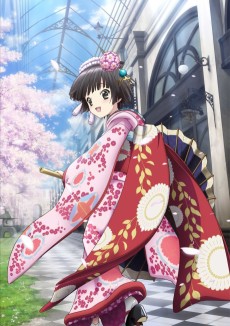 ANIME Slice of LifeIkoku Meiro no Croisée
ANIME Slice of LifeIkoku Meiro no Croisée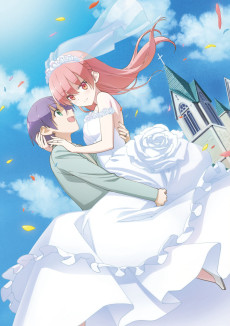 ANIME ComedyTonikaku Kawaii
ANIME ComedyTonikaku Kawaii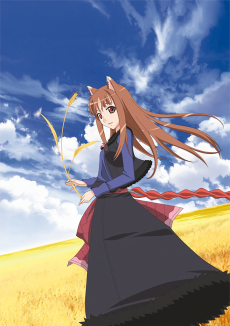 ANIME AdventureOokami to Koushinryou
ANIME AdventureOokami to Koushinryou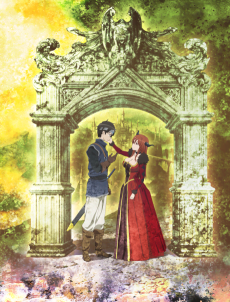 ANIME AdventureMaoyuu Maou Yuusha
ANIME AdventureMaoyuu Maou Yuusha ANIME AdventureOokami to Koushinryou II
ANIME AdventureOokami to Koushinryou II ANIME AdventureSoredemo Sekai wa Utsukushii
ANIME AdventureSoredemo Sekai wa Utsukushii
SCORE
- (3.85/5)
TRAILER
MORE INFO
Ended inSeptember 20, 2023
Main Studio Kinema Citrus
Trending Level 3
Favorited by 3,310 Users
Hashtag #わたしの幸せな結婚 #わた婚アニメ


